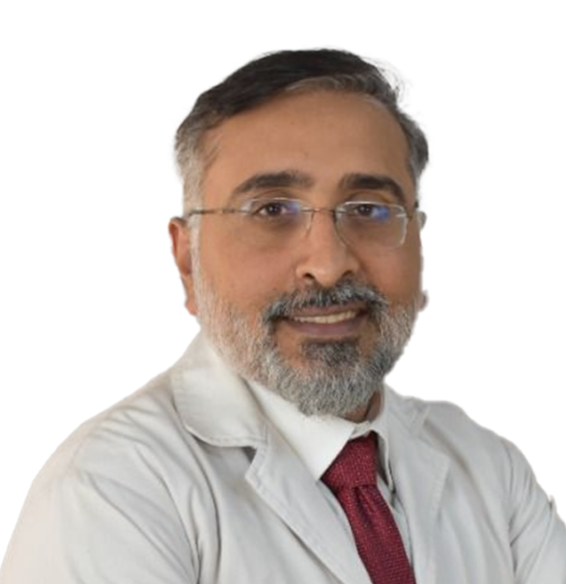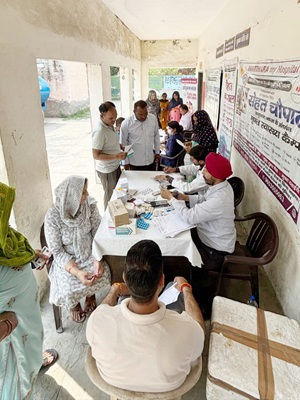
shuchin bajaj

Founder Director @ Ujala Cygnus Healthcare Services
Dr. Shuchin Bajaj is a physician and social entrepreneur dedicated to expanding access to affordable, high-quality healthcare in India. Inspired by his refugee family background, he left Delhi’s largest private hospital to establish Ujala Cygnus Healthcare Services, now recognized as North India’s largest NABH-accredited hospital chain. Through its hospitals, outreach clinics, and digital health services, Dr. Bajaj ensures that communities traditionally excluded from advanced care receive dignified and affordable treatment. A recognized thought leader, Dr. Bajaj is the recipient of the Global Social Entrepreneur of the Year Award 2024 by the Schwab Foundation and World Economic Forum. He is also a Chevening Gurukul Fellow at King’s College London, an INSEAD IHT Fellow, a Senior Fellow with Aspen New Voices, and part of the Stanford Seed Transformation Program. His fellowships with the Indian College of Physicians and the Royal Society of Arts highlight both his medical expertise and broader contributions to social innovation. Beyond Ujala Cygnus, Dr. Bajaj advises NGOs, health tech companies, and policy initiatives, while actively mentoring healthcare entrepreneurs. His leadership during the Covid-19 pandemic further underscored his commitment to inclusive healthcare, from frontline ICU service to coordinating large-scale public health responses.




